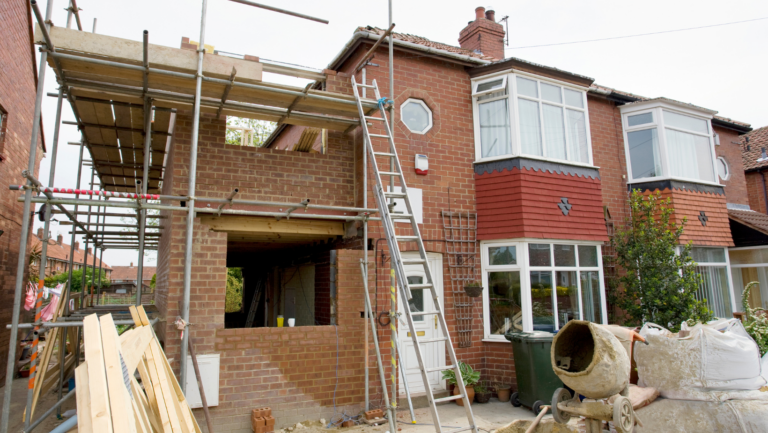
New build planning conditions
It was recently reported homeowners in Crewe were left furious after the local authority decided to investigate possible contamination of the land on which their properties have been built. The investigation follows accusations made by councillors that the builder has failed to comply with conditions contained in the planning permission for the development. As local homeowners are left fearing they can not sell or remortgage their homes until the issue is resolved, our Head of Property Mark Laird explains what planning conditions are and why it is important to ensure your builder has complied with any conditions attached to the development.
What is Planning Permission?
Planning permission is the approval required to develop on or change the use of land. An application for planning permission is made to the Local Planning Authority via your local council. The Local Planning Authority will consult with the public and various statutory consultees such as the local water authority, highways departments and the Environment Agency before deciding whether to allow the proposed development or change of use.
What are Planning Conditions?
When granting planning permission, the Local Planning Authority may make the approval subject to conditions. The conditions attached to the decision notice vary and can cover matters such as materials to be used during the construction of the development, the layout of roads, and inspections which must be carried out before the development can begin.
Pre-Commencement Conditions
Pre-commencement conditions are conditions attached to a planning permission which must be satisfied before the development begins. Common examples of these conditions are requirements to forward archeological reports or contaminated land reports to the Local Planning Authority for approval. These matters normally require further written approvals to be obtained from the Local Planning Authority before the builder begins work on the development.
Non-Compliance with Planning Conditions
The Local Planning Authority has the power to take enforcement action for changes which do not have the required permission. Enforcement action can also be brought where conditions attached to a planning permission have not been complied with. Enforcement action may result in building works having to be demolished or altered.
Enforcement Periods
The Local Planning Authority has four years from the date a development began to bring action for non-compliance with planning laws, and ten years to enforce an unauthorised change of use. The Local Authority also has ten years to bring enforcement action for any non-compliance with conditions attached to a planning permission for an authorised development or change of use.
Ability to Sell and Mortgage
It is a standard requirement of most mortgage lenders that their solicitor checks planning permission is in place for the current use of the property and that any conditions attached to the permission have been complied with. If there is no permission or if the conditions attached to the required permission have not been complied with, the lender may decide not to proceed with the mortgage.
At Morrish Solicitors each of our specialist property lawyers has decades of experience in dealing with new build properties and ensuring the property consents are in place. To enquire about our residential property and conveyancing services please call us on 033 3344 9600 or email [email protected].
Author: Mark Laird, Head of Property












